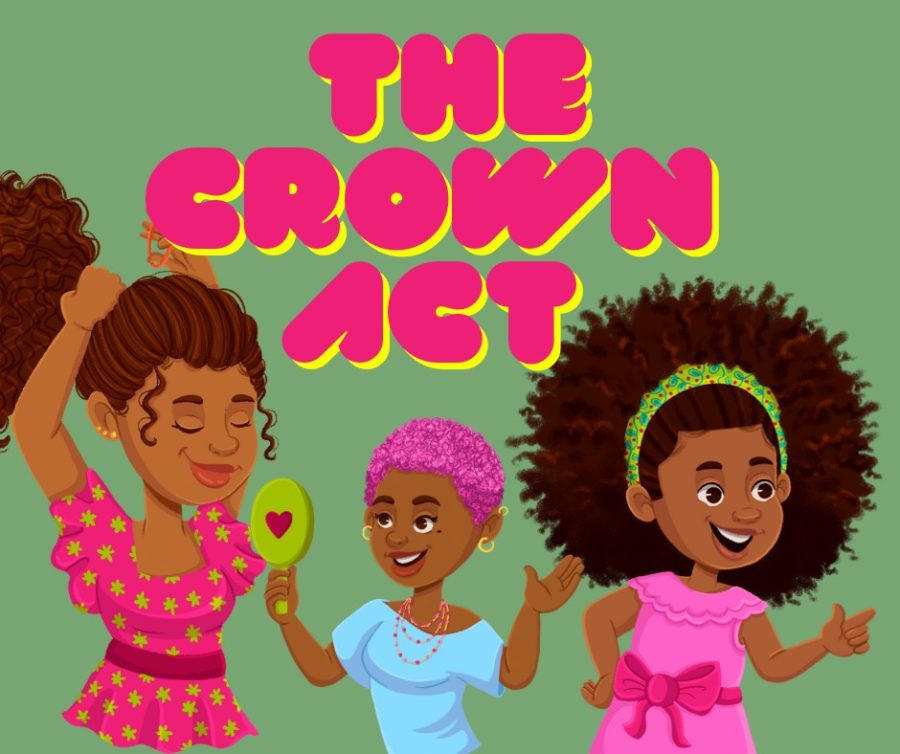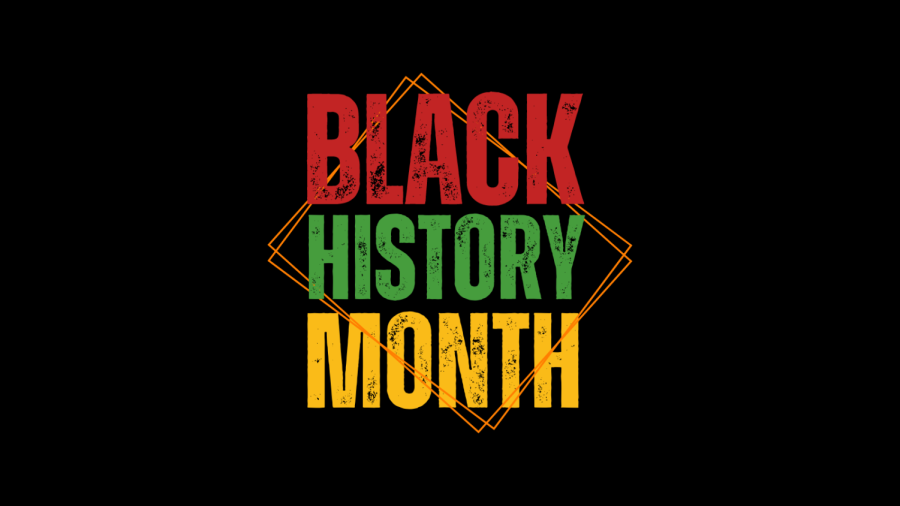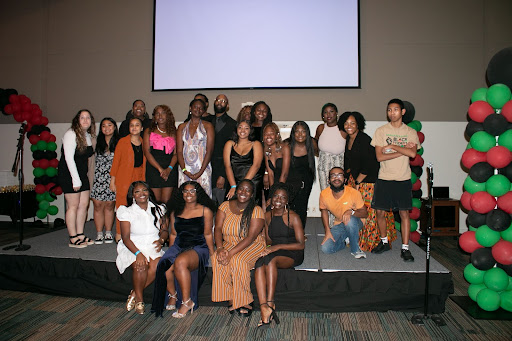Ida. B. Wells-Barnett is known as one of the most influential journalists of her time and beyond. She was a talented writer, activist, and researcher in the 19th and 20th centuries. She used her skills as a writer to publicly reveal the conditions of African-Americans in the south.
She was born into slavery in Holly Springs, Mississippi during the Civil War. After the war ended, her parents, who were politically active in Reconstruction Era politics, taught her about the importance of education. She eventually enrolled in university at Rust College. While she was in school, Wells-Barnett was told the yellow fever epidemic had hit her hometown. The disease killed both of her parents and her little brother.
In 1884, Wells-Barnett filed a lawsuit against a train car company in Memphis because she had been thrown off a first-class train, even after showing she had a ticket. She won the case on the local level, but the ruling was overturned in federal court. After the lynching of one of her friends, Wells-Barnett became focused on white mob violence. She questioned why Black men were getting lynched and began to investigate individual cases. This led her to publish her discoveries in a pamphlet and in newspapers. In Memphis, locals were angered over her published discoveries which drove her to move to Chicago, Illinois.
Boycotters famously accused the World’s Columbian Exposition of locking out African-Americans and negatively portraying the Black community. Well-Barnett joined African-American leaders in this boycott. Wells-Barnett eventually married an African-American lawyer by the name Ferdinand Barnett.
Ida B. Wells-Barnett traveled to discuss lynching to many audiences. She would confront white women involved in the suffrage movement, who ignored lynching. Even though she faced a lot of ridicule from the women’s suffrage movement, she played an active role in the movement. She was a founder of the National Association of Colored Women’s Club, which addressed issues dealing with civil rights and women’s suffrage. She attended Niagara Falls for the founding of the National Association for the Advancement of Colored People (NAACP). Late in her career, Wells-Barnett focused on urban reform in her home city Chicago.
“The way to right wrongs is to turn the light of truth upon them.” – Ida. B. Wells-Barnett
___
For more information or news tips, or if you see an error in this story or have any compliments or concerns, contact editor@unfspinnaker.com.
















